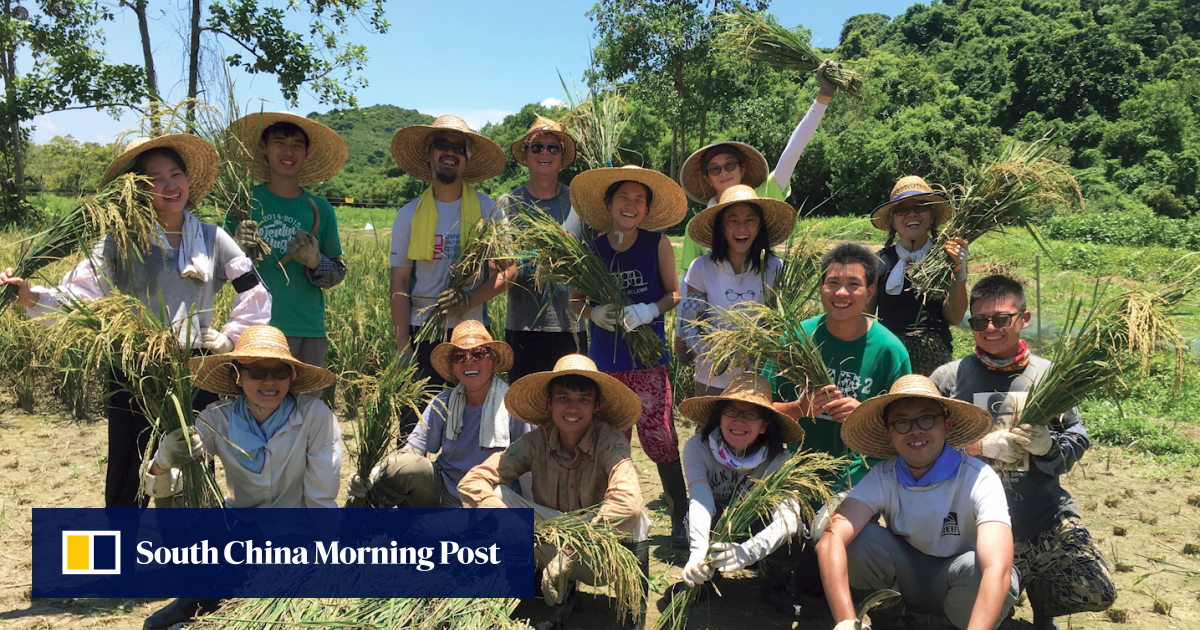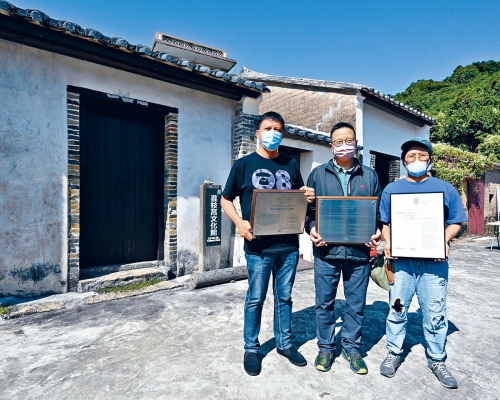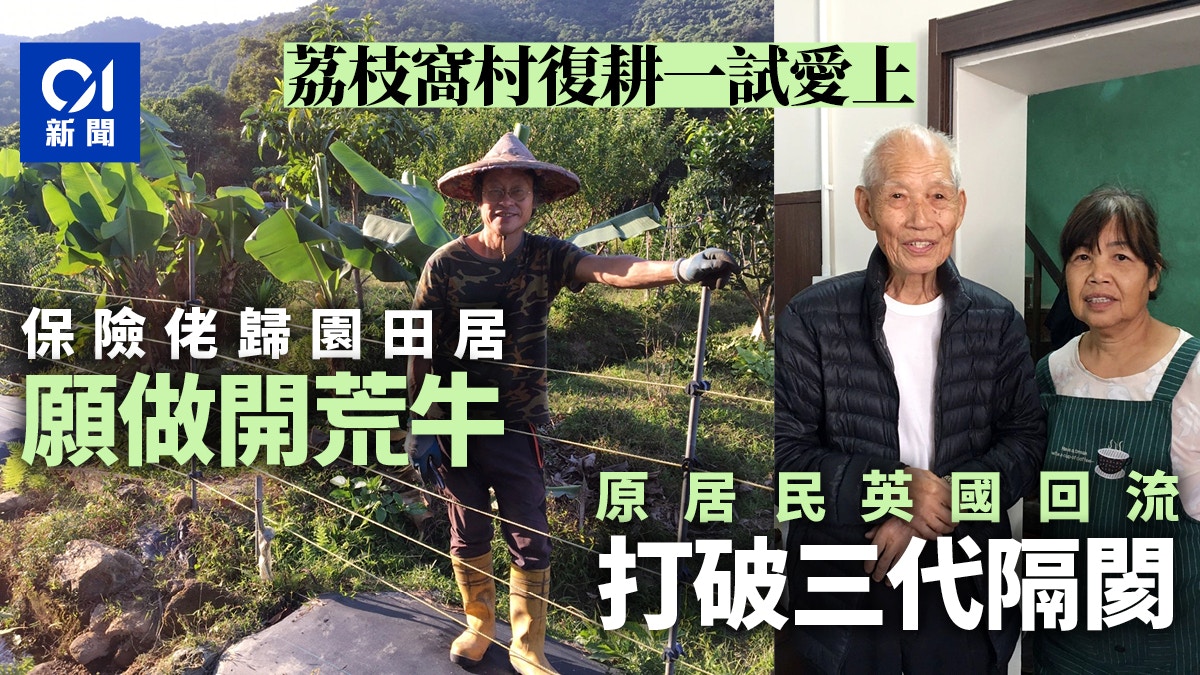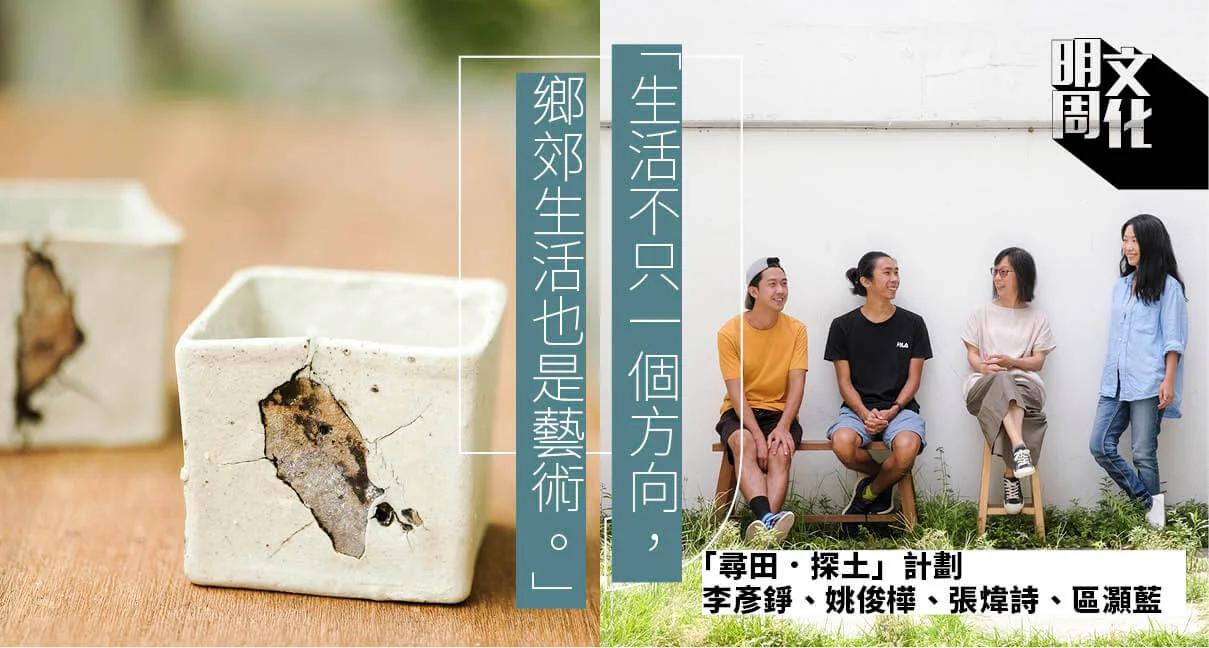
Lai Chi Wo Village - Rural Sustainability
Project Period
2013 - ongoing
Location
Lai Chi Wo, Hong Kong
Project Lead
Centre for Civil Society and Governance, the University of Hong Kong ("CCSG")
Project Background & Inspiration
Lai Chi Wo Village is one of the oldest Hakka villages in Hong Kong. However, much of the farmlands have been idle since the 1950s due to emigration. With the support from The Hongkong Bank Foundation, the CCSG team at HKU, aiming to revitalise the village, engaged The Conservancy Association, Hong Kong Countryside Foundation, and the Produce Green Foundation as project partners in 2013.
The community expanded during the first phase of the project (2013-2017) as Indigenous villagers returned, new residents moved in, and frequent volunteers developed a sense of attachment to the village. Each founding partner also secured extra support from other parties, including the Hong Kong Jockey Club and the Hong Kong Government. HKU continued its partnership with The Hongkong Bank Foundation with an intent to scale up the project’s impact and enable it to be self-sustaining through socio-economic innovation.
What happened in the project?
With the intent to scale up and enable the community partnerships formed in the past decade to have a life on its own, the HKU team continues working with the villagers on several fronts:
Facilitation of community interactions and partnerships: through meetings, happenings, and different engagement events as platforms to promote collaborative actions and resource sharing.
Setting up Experimental Farm and LoCoKITCHEN: by partnering with local farmers, producers, and communities to develop place-based agro-food products for the market.
Promoting academic research and application on conservation of cultural heritage, biodiversity, and hydrology, as well as rural sustainability.
Project Impact and Key Takeaway
Sets an example of collaborative governance in rural context as there are regular communications and collaborations among various stakeholders – anyone who saw themselves as being part of the community, giving and receiving additional value from the collaboration, regardless of whether or not they are Indigenous residents, newcomers, frequent visitors.
Each stakeholder has been able to leverage their strengths to bring in more resources for the community; for example, the HKU team continues to develop and disseminate new agro-farming opportunity for the villagers as appropriate.
INNOVATION
Brought in academic expertise and leveraged various forms of resources from a major academic institution to transform a rural community
Sparked the rural revitalization movement, which inspired others to rethink the relationship between the “urban” and the “rural” and replicate the revitalization model in other Hakka villages nearby, including Hing Chun Alliance and Guk Po
COLLABORATION
Multisectoral collaboration among villagers, universities, nonprofits, corporations, professionals and the general public
EMPOWERMENT
Villagers, especially those who are part of the village committee, are empowered to make decisions for the sustainable development of the village and HK rural
Project Gallery











Features/External Links
How neglected Lai Chi Wo village became culturally vibrant, UNESCO-award-winning farming settlement
荔枝窩村復耕者聯盟 獲聯合國教科文獎項加持 (Chinese only)
荔枝窩復耕開拓農村經濟 (Chinese only)
沙頭角荔枝窩農地復耕 城市人遠離繁囂入村開荒︰人生有好多選擇 (Chinese only)
【留一點在地美藝】荔枝窩藝術計劃:以陶藝呈現被城巿遺忘的自然美學 (Chinese only)





